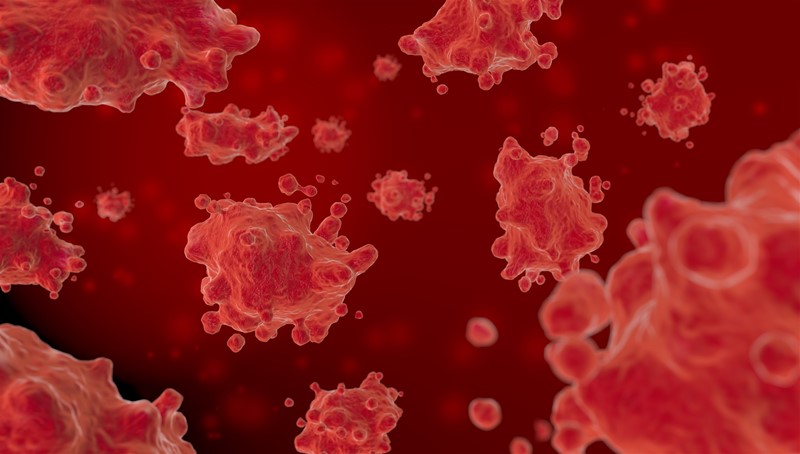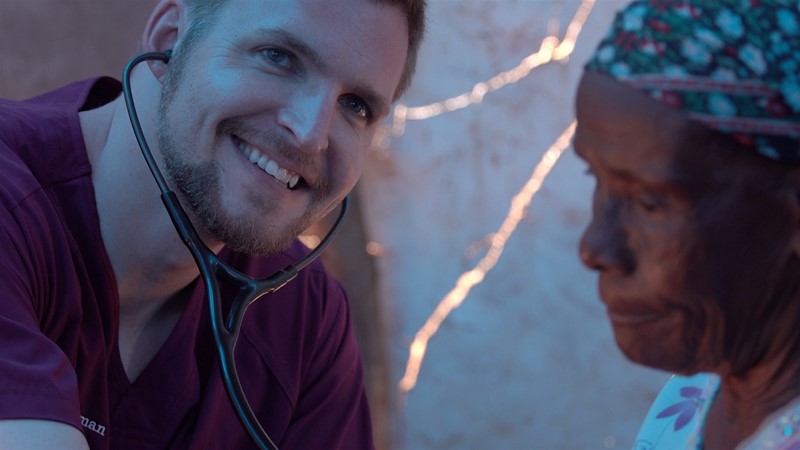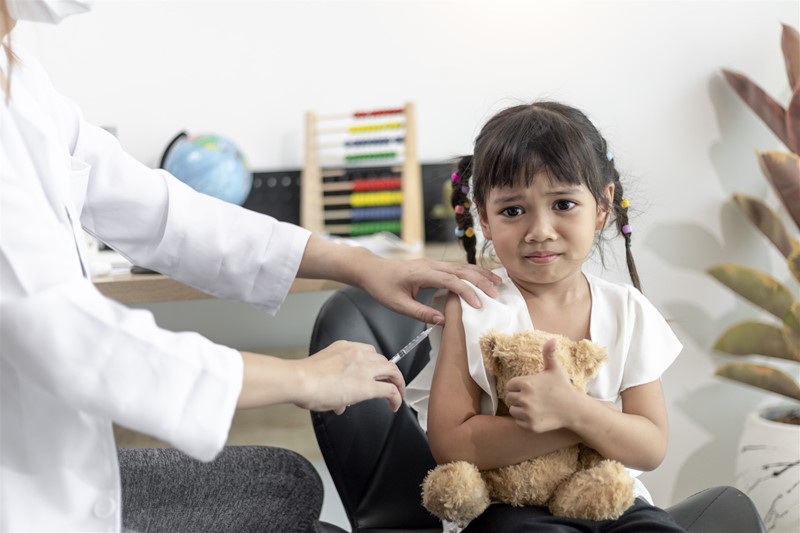- GMHC
-
Getting Started
-
Wondering where to start?
-
 We're your guide. What can this community do for you? Learn more
We're your guide. What can this community do for you? Learn more
-
-
Mobilization
-
Heed the call!
-
 Community Challenges Activate your journey to the field! Read Article
Community Challenges Activate your journey to the field! Read Article -
 Search Jobs Community Job Board Read Article
Search Jobs Community Job Board Read Article
-
-
Resources
-
Learn & Connect
-
 Upcoming Events Learn from the experts in healthcare missions & connect with others. Register Now
Upcoming Events Learn from the experts in healthcare missions & connect with others. Register Now
-
-
Community
-
Connect With the Community
-
 Member Lounge We're all in this together! Join the conversation.
Member Lounge We're all in this together! Join the conversation.
-
- Store
- Log In
Welcome to the MedicalMissions.com Podcast
This is a series of sessions from leading experts in healthcare missions.
Overview of Leishmaniasis
by Anonymous
- Barbados
- Belarus
- Côte d'Ivoire
- and 215 more...

Overview of leishmaniasis epidemiology, clinical presentation, and treatment options
How Rehab Professionals can care for and advance the gospel to people with disabilities around the world
by Skip Roy , Bre , Caroline Mrowiec
- Austria
- Burkina Faso
- Côte d'Ivoire
- and 227 more...

In this session participants will be exposed to the role rehabilitation professionals can play in addressing the needs of persons with disabilities around the world and how addressing these needs can advance the gospel. We'll explore the prevelance of disabilities in the world, and what God has to say about His love for and care for persons with disabilities. https://bit.ly/gmhc2022_roy_canclini_mrowiec_howrehabprofessionals
Resilience, Endurance and Serving God’s Kingdom in Unfamiliar Places
- Africa
- Asia
- Democratic Republic of the Congo
- and 31 more...

Resilience, Endurance and Serving God's Kingdom in Unfamiliar Places
Caring for Victims of Humanitarian Disaster and Military Conflict
- Allied Health
- Medical
- Nursing
- and 8 more...

Refugees and Internally Displaced Persons (IDPs) face significant challenges to their health and well-being that are unique due to lack of necessary resources including food, water, sanitation, shelter, security, and healthcare. Caring for people in these situations requires an understanding of their unique needs as well as having realistic goals regarding what can and cannot be done for them. Our experiences in providing healthcare for the victims of disasters in Congo, Indonesia, Pakistan, Myramar, Afghanistan, Honduras, Nepal, Kurdistan, and Turkey – both natural and manmade – highlight the need to be well prepared when serving in these difficult situations. We are called to serve “the least of these,” and the victims of disasters and crises certainly qualify. Often these events, though causing much hardship and suffering, create the possibility for doors and hearts to be open to the message of Jesus that otherwise would be closed. We must be both willing and well prepared if we are to serve well when we are called to respond to those in need.
Treating severe pediatric malaria--practical priorities to save lives.
- Africa
- Burundi
- Central African Republic
- and 121 more...

According to the WHO, in the African Region, about 473 000 children die from pneumonia, 300 000 from diarrhea, and a further 443 000 from malaria every year. Mortality in hospitalized cases of severe pediatric malaria is 9%-10%. Many efforts to prevention infection and improve nutrition so as to modulate the impact of infection are in place but when critically ill children present, correctly preparing staff and systems to prioritize effective care can make the difference. This session will discuss why children die from malaria, reading the signs and practical prioritization of care to reduce morbidity and mortality.


